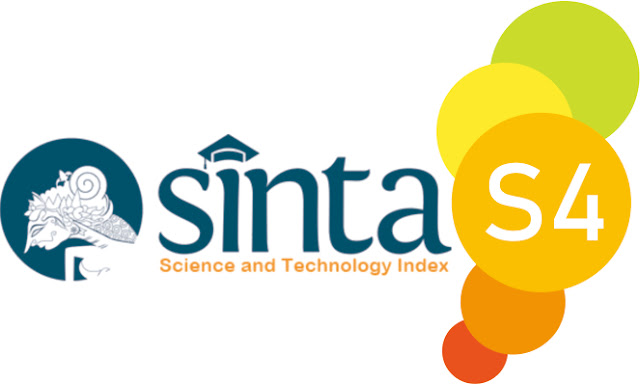Total Cholesterol Levels in Users of Three-Month Injectable Contraceptives
DOI:
https://doi.org/10.53861/lontarariset.v6i1.541Keywords:
DMPA, Cholesterol Level, Three-Month Injection ContraceptionAbstract
Three-month injectable contraception is a type of hormonal contraception, which contains 150 mg Depo Medroxyrogesterone Acetate (DMPA) which is given every three months. Depo Medroxyrogesterone Acetate can reduce HDL cholesterol levels and can increase LDL levels. This study aims to determine cholesterol levels in three-month injection contraceptive users at the Kassi Kassi Community Health Center. The research design used was descriptive, in which respondents used injectable contraceptives for more than 1 year of use with a sample taken of 15 respondents using a purposive sampling technique with the inclusion criteria of subjects willing to be used as research samples, using 3-month injectable contraceptives for more than 1 year, aged 25 – 35 years old and fast for 8 – 10 hours. The research was conducted at the Kassi Kassi Health Center and Megarezky Makassar clinic in November 2021. The research results were obtained from 15 respondents, there were 6 respondents (40%) with normal cholesterol levels, and there were 9 respondents (60%) with high cholesterol levels. The conclusion is that the majority of 3-month injection contraceptive users have high cholesterol levels.
Downloads
Downloads
Published
How to Cite
Issue
Section
License
Copyright (c) 2025 Debi Ramadani, Rosdiana Mus, Andis Sugrani, Mutmainnah Abbas

This work is licensed under a Creative Commons Attribution 4.0 International License.
Lontara Journal Of Health Science And Technology is licensed under Creative Commons.
The journal allows the author to hold the copyright of the article without restrictions.
The journal allows the author(s) to retain publishing rights without restrictions.
The legal formal aspect of journal publication accessibility refers to Creative Commons Attribution 4.0 International (CC BY 4.0).
The Creative Commons Attribution 4.0 International (CC BY 4.0) license allows re-distribution and re-use of a licensed work on the conditions that the creator is appropriately credited and that any derivative work is made available under “the same, similar or a compatible license”. Other than the conditions mentioned above, the editorial board is not responsible for copyright violations.











